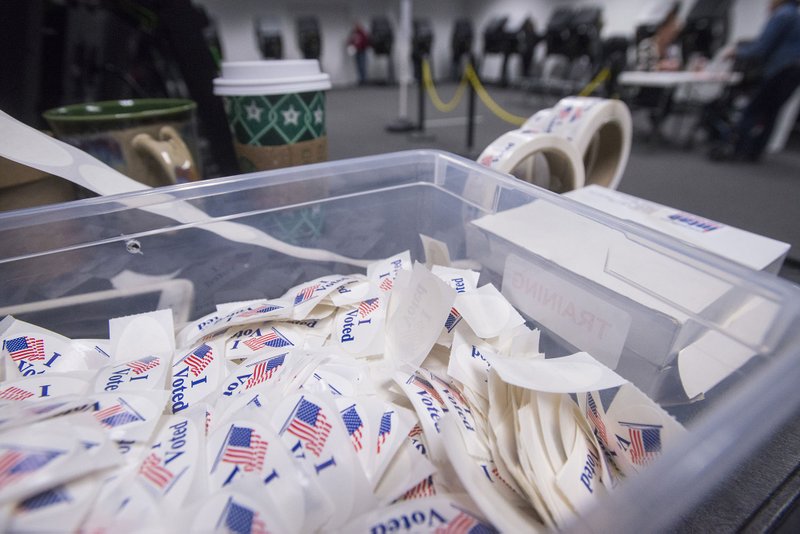Another mass shooting. More innocent victims, this time the obvious targets of a hate crime.
That happened in Buffalo, N.Y., where an 18-year-old white gunman massacred 10 people at a neighborhood grocery store and injured more shoppers and workers on Saturday.
Most of the victims were Black, some elderly, all shot with a legally purchased assault weapon by a racist gunman who intended to continue hunting Blacks in Buffalo, had he gotten away from the Tops supermarket.
He didn't get away. He instead surrendered to police but first threatened to shoot himself after his killing spree was done.
Of course, that horrific event wasn't the weekend's only incidence of gun violence in these United States.
There were also shootings at a church banquet for a Taiwanese American congregation in Laguna Woods, Calif.; after an NBA playoff game in Milwaukee, Wis.; at a flea market in Houston; at Millennium Park in Chicago; and in a public park in Columbus, Ohio.
There were surely more. According to the Brady Campaign to Prevent Gun Violence, on average, 321 people are shot in this country each day.
At that California church last weekend, one died and five were injured; in Milwaukee, at least three separate shootings happened near the game site, including one in which 17 people were injured. At the Houston flea market, two people were killed and three more wounded. A 16-year-old died in Millennium Park from gun violence, an 8-year-old was shot in Columbus.
All these victims of gun violence last weekend got noticed not so much because of what happened to them but because of what happened in Buffalo.
Gun violence is so commonplace that Americans have come to accept most such events as normal. It isn't normal, certainly not to the families and friends of those who die, or the communities trying to make sense of senseless murder.
That's the challenge the gunman left the people of Buffalo. He wanted to kill as many Blacks as he could, to inflict pain on the people of Buffalo and instill fear in them and every other Black in the country that no place is safe for them.
The people of Buffalo are hurting, mourning their losses; but they're already showing their resolve to pull together to survive the tragedy wrought by a hate-filled young gunman.
The question for the rest of us is whether this will be the incident that drives someone to do something about the ever-present gun violence in the United States.
The assault-weapon murders of elementary schoolchildren and their teachers in Newtown, Conn., in 2012 horrified us all.
Yet, little happened then to address the gun violence or to reduce access to the murderous weapons of war used in so many mass shootings.
Nor has much happened in response to other mass shootings, including that hate-inspired attack in an El Paso, Texas, Walmart in 2019.
That one, in which the shooter was targeting Hispanics, was much like the weekend's assault on Blacks in Buffalo.
Both shooters drove long distances to find their targets, then indiscriminately killed people they didn't know.
They wanted their victims dead because of the color of their skin and some misguided sense of the shooters' own white supremacy.
Such white supremacist thinking, which has been resurfacing for several years now, has seriously begun to concern law enforcement and at least part of the American population.
That probably translates into its being of concern to only part of the Congress as well. That could change if the people most concerned about getting something done about these issues turn out to be in the majority of voters who next fill those seats in Congress.
It is an election year and a pivotal one at that.
We already know to expect a strong turnout of women voters this year because the Supreme Court intends to overturn Roe v. Wade.
Women's numbers at the polls, as well as those of like-minded Black and white men, may be boosted still higher if gun violence and white supremacy develop into major campaign issues.
If the motivation is strong enough, who knows? Maybe, just maybe, there can be movement toward reasonable gun control and a serious response to the resurging racism among us.

